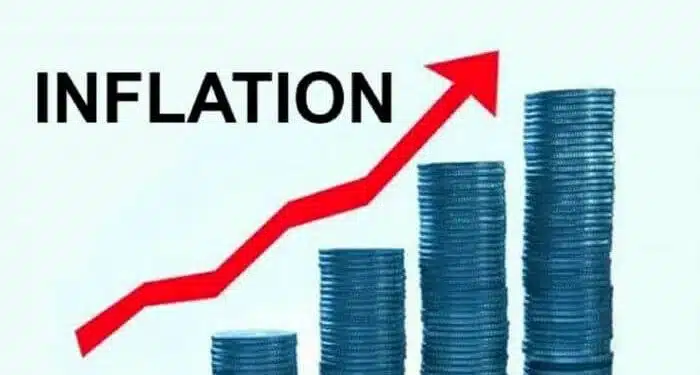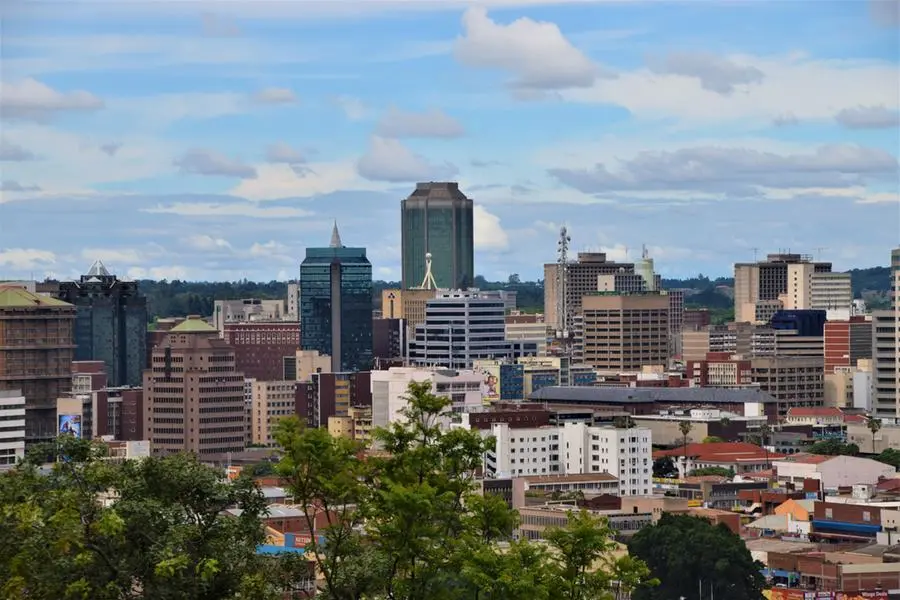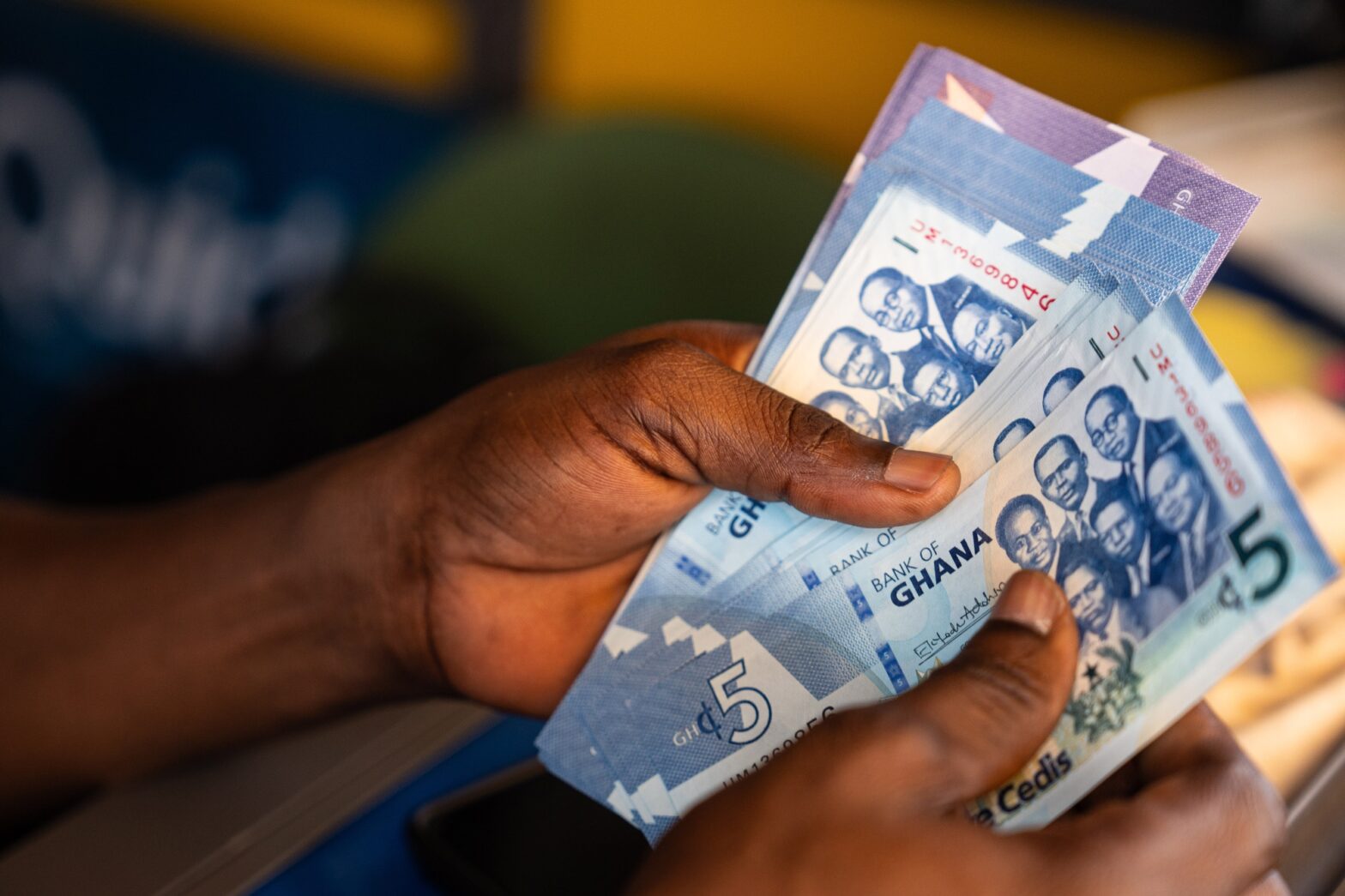Nigeria’s National Bureau of Statistics (NBS) reported that inflation eased to 23.71% year-on-year in April 2025, down from 24.23% in March. This change followed a rebasing of the Consumer Price Index (CPI), updating the base year from 2009 to 2024.
Inflation had peaked at 33.69% in April 2024. Both core inflation and food inflation declined, but this was due mainly to statistical adjustments rather than widespread price decreases.
Rebasing recalculates inflation by changing the reference point and updating the basket of goods and services to reflect current consumption patterns. Because Nigerians spend differently now compared to 2009, the CPI basket was revised to include new goods and services and their relative importance. This made the inflation rate appear lower, but it does not necessarily mean the cost of living has dropped.
Policymakers and investors should interpret April’s inflation decline with caution. Underlying price pressures remain, especially in essentials such as food, fuel, and housing, which continue to rise in real terms.
Several countries have experienced similar effects from rebasing their CPI. For example, Brazil rebased its CPI in January 2018, which initially reduced headline inflation by about 1 percentage point, from around 4.4% to 3.4%.
South Africa’s CPI rebasing in 2017 led to a decline in reported inflation by roughly 0.5 to 1 percentage point. In both cases, the rebasing improved measurement accuracy but did not immediately reduce the actual cost of living for many households.
While rebasing improves the accuracy of inflation measurement, it can be misleading. Policymakers may interpret the lower rate as a sign of easing inflation, influencing interest rates, wages, and contracts.
However, households still face high prices for essentials like food, fuel, and rent. As John Maynard Keynes once noted in The Economic Consequences of the Peace (1919):
“By a continuing process of inflation, governments can confiscate, secretly and unobserved, an important part of the wealth of their citizens.” This highlights how inflation quietly erodes wealth without direct taxation.
More recently, economist Olivier Blanchard (2024) said: “Rebasing provides better inflation data but does not mask the persistent inflation pressures caused by supply bottlenecks and currency fluctuations.”The recent drop in Nigeria’s inflation doesn’t mean most people are better off.
Problems like food shortages, power cuts, insecurity, and an unstable currency still make life expensive. Countries like Brazil and South Africa faced similar issues but improved by boosting farming, fixing energy supply, and stabilising their currency.










